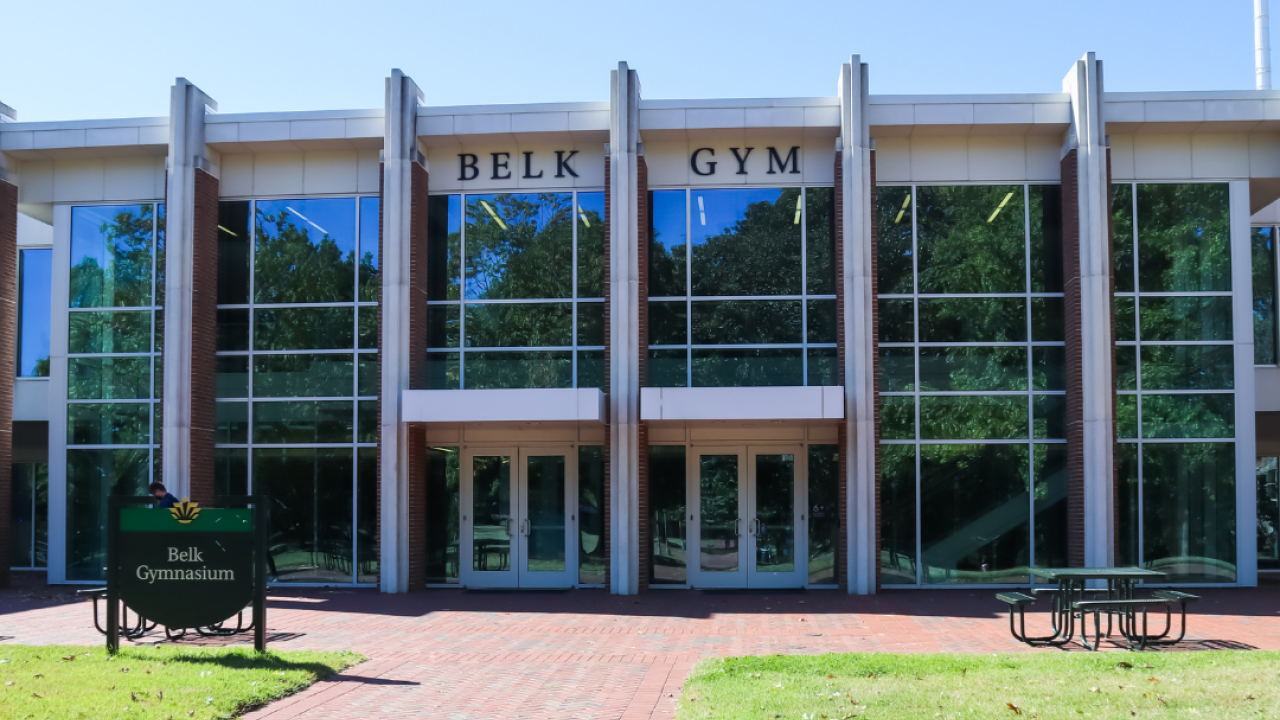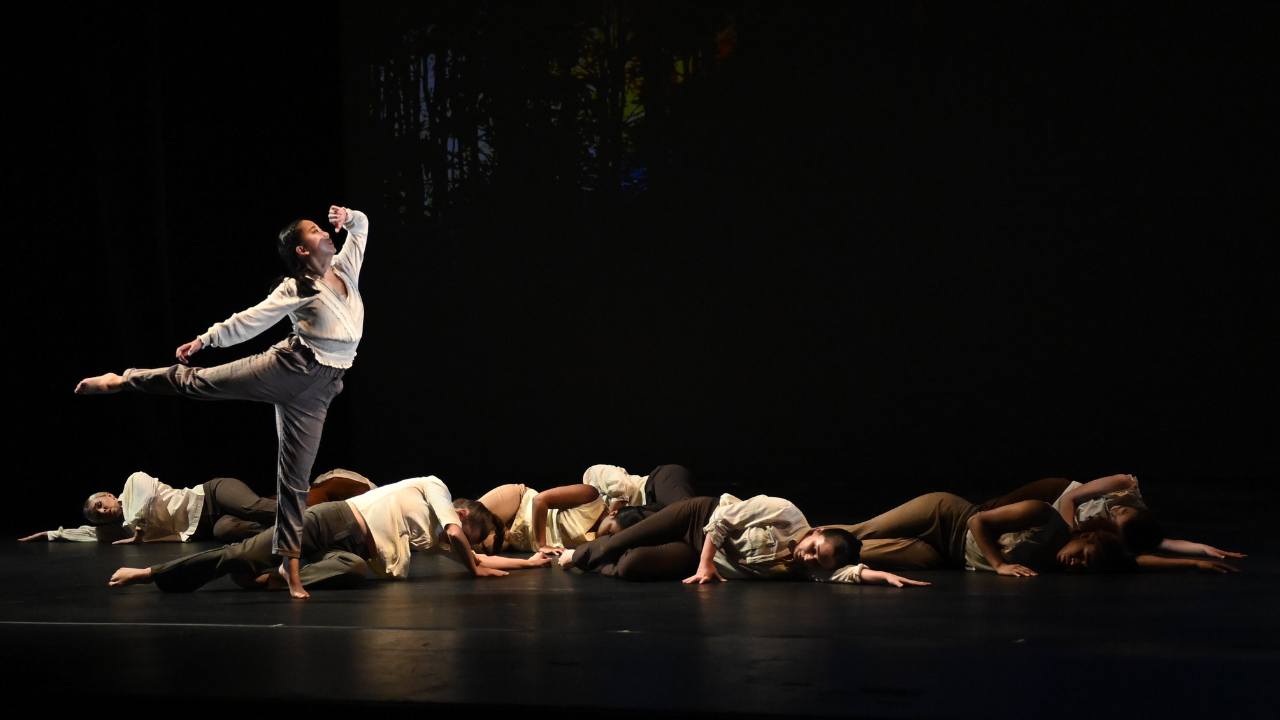ATHLETIC TRAINING FOR ARTS STUDENTS
 Nicole Whitaker - Athletic Trainer, MS, LAT, ATC
Nicole Whitaker - Athletic Trainer, MS, LAT, ATC
Position Title
Department of Applied Physiology, Health, and Clinical Sciences
The College of Arts + Architecture is thrilled to have Nicole Whitaker as a resource for our students. Athletic Training services are only available to current and active sport club participants in the Sport Club Program as well as Performing Arts students. Services provided include injury evaluation, treatment, rehabilitation, preventative care, education, and more!
LOCATION OF SERVICES
Belk Gym 020 & 025J
When you enter Belk Gym, go down one floor to access our two training rooms. Nicole Whitaker will treat you in one of these rooms during walk in hours.


ACCESSING SERVICES
Walk-In Services Schedule
Currently, we are not scheduling appointments. Our Athletic Trainer is taking walk-in appointments, and you can click here SOON for more information including a detailed weekly schedule with drop-in times and locations.
theatre student learning outcomes
Adopted March 3, 2022
SLO 1: Research and Critical Thinking
Theatre students will demonstrate research and critical thinking skills through active engagement with and analysis of theatre texts and practices. Students will recognize historical and related cultural circumstances reflected in various global periods and genres of theatre. Students will critically examine the various issues related to diversity, equity, and inclusion in the study and practice of theatre.
SLO 2: Analytical and Problem-Solving Skills
Theatre students will demonstrate analytical and problem-solving skills through engaging in traditional classroom and production work. Students will analyze possible interpretations of theatre texts and performance through critical socio-political contexts and a range of styles and histories. Students will apply problem-solving skills in real-time production environments. Students will analyze possible solutions for production-related tasks. Students will develop an understanding of transferable learned skills beyond theatre study and practice.
SLO 3: Communication
Theatre students will demonstrate the ability to employ clear and expressive communication. Students utilize a variety of strategies in order to create messages appropriate to the audience, purpose, and context when communicating, including verbal, nonverbal, vocal, visual, and technological methods or processes. While participating in written communication, Theatre students will demonstrate the ability to communicate evidence, ideas, and opinions through clear and cogent writing.
SLO 4: Practice and Collaboration
Theatre students will explore the connections between the mind and body in theatre practice, understanding risk-taking as an essential element of the performing arts. Students will demonstrate skills in practice and collaboration through studio, production, and service learning experiences. Students will develop abilities in self-reflection, multicultural sensitivity, and the comparison of social values and ethical systems through creative collaboration with a range of communities and cultures. Students will explore interdisciplinary artistic collaboration and develop a methodology for applying learned skills in a production environment.
SLO 6: Cultural Competencies
Theatre students will deepen their understanding of community building, engagement, cultural competency, and sensitivity. Students will develop an awareness of one’s positionality in community building and cultural competency work in theatre practice and beyond. Students will examine diverse cultural perspectives with respect to gender, ability, sexuality, class, age, and economic status, and develop the ability to increase intercultural, racial, and ethnic awareness.
SLO 7: Pedagogy, Facilitation and Assessment
Theatre students will design, implement, assess, and interrogate arts learning in culturally sustaining ways while participating in and facilitating applied theatre experiences in studios, community spaces, in civic practice, and/or K-12 schools.